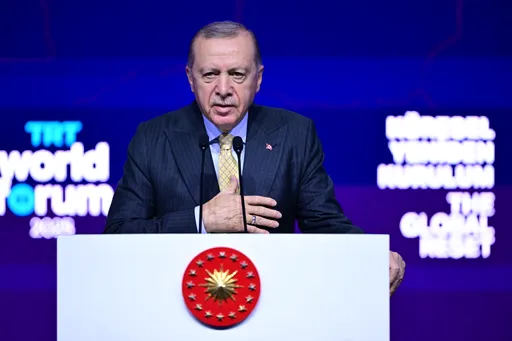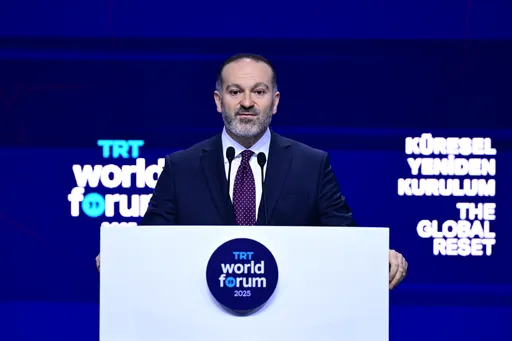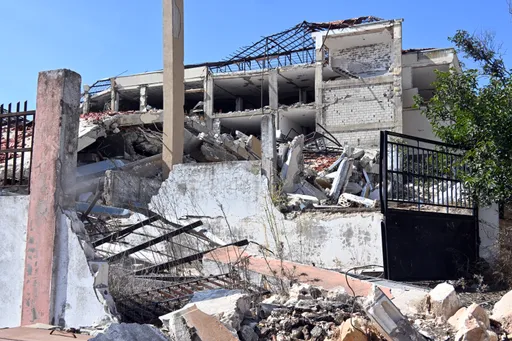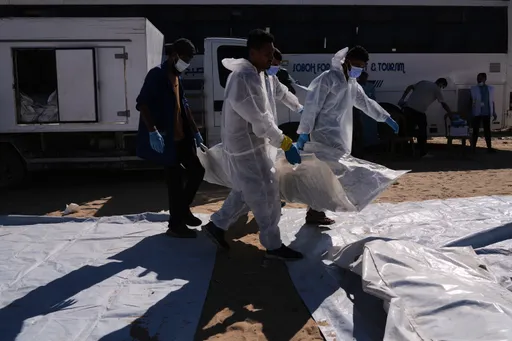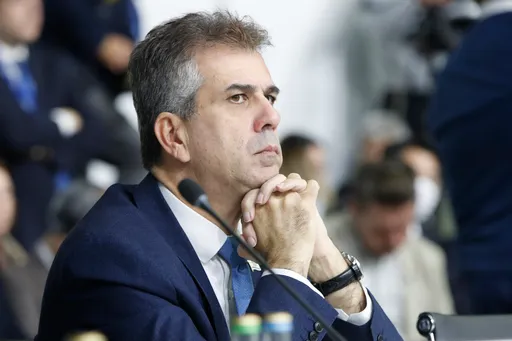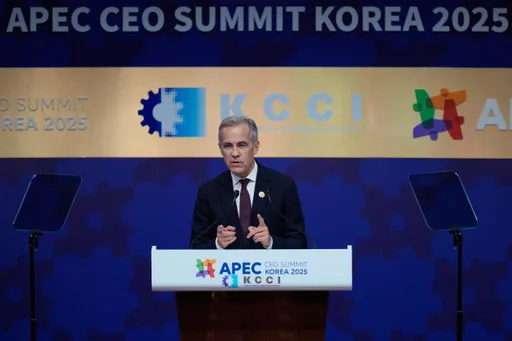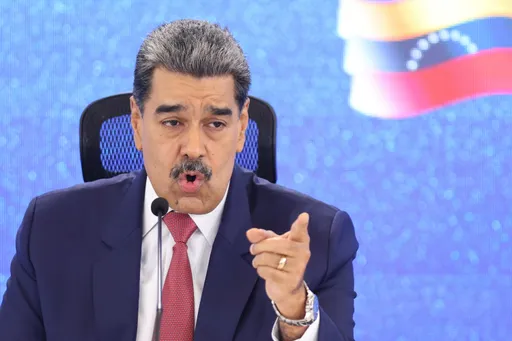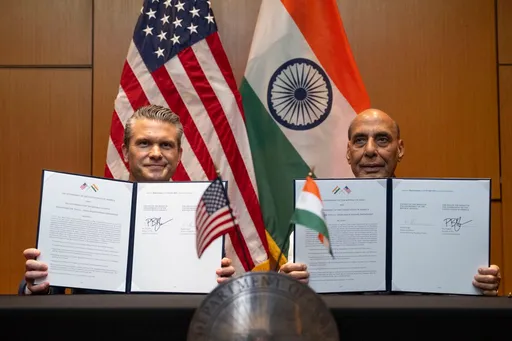Russia formally has withdrawn from a key post-Cold War security treaty designed to de-escalate potential East-West conflicts, in a latest sign of rising tensions between Russia and NATO.
"At 00:00 on November 7, 2023, the procedure of Russia's withdrawal from the CFE (Treaty on Conventional Armed Forces in Europe), was completed," Russia's foreign ministry said in a statement on its website on Tuesday.
"Thus, the international legal document, the validity of which was suspended by our country back in 2007, has finally become history for us."
The 1990 treaty, negotiated and concluded at the end of the Cold War and signed a year after the fall of the Berlin Wall, placed limits on the deployment of military equipment to maintain military balance between NATO and the then-Warsaw Pact countries.
Russia suspended its participation in the treaty in 2007 and halted active participation in 2015.
NATO expansion
In May 2023, well into the war in Ukraine that Russia launched in February 2022, President Vladimir Putin signed a decree denouncing the pact, drawing condemnation from NATO for "undermining Euro-Atlantic security".
The war in Ukraine has triggered the worst crisis in Moscow's relations with the West since the depths the Cold War, with Kremlin spokesman Dmitry Peskov saying over the weekend that relations with the United States were below zero.
"The CFE Treaty was concluded at the end of the Cold War, when the formation of a new architecture of global and European security based on cooperation seemed possible, and appropriate attempts were made," the Russian foreign ministry said.
The actions of the United States to expand NATO led to alliance countries "openly circumventing" the group restrictions, however, the ministry added.
"Thus, the CFE Treaty in its original form lost touch with reality."








